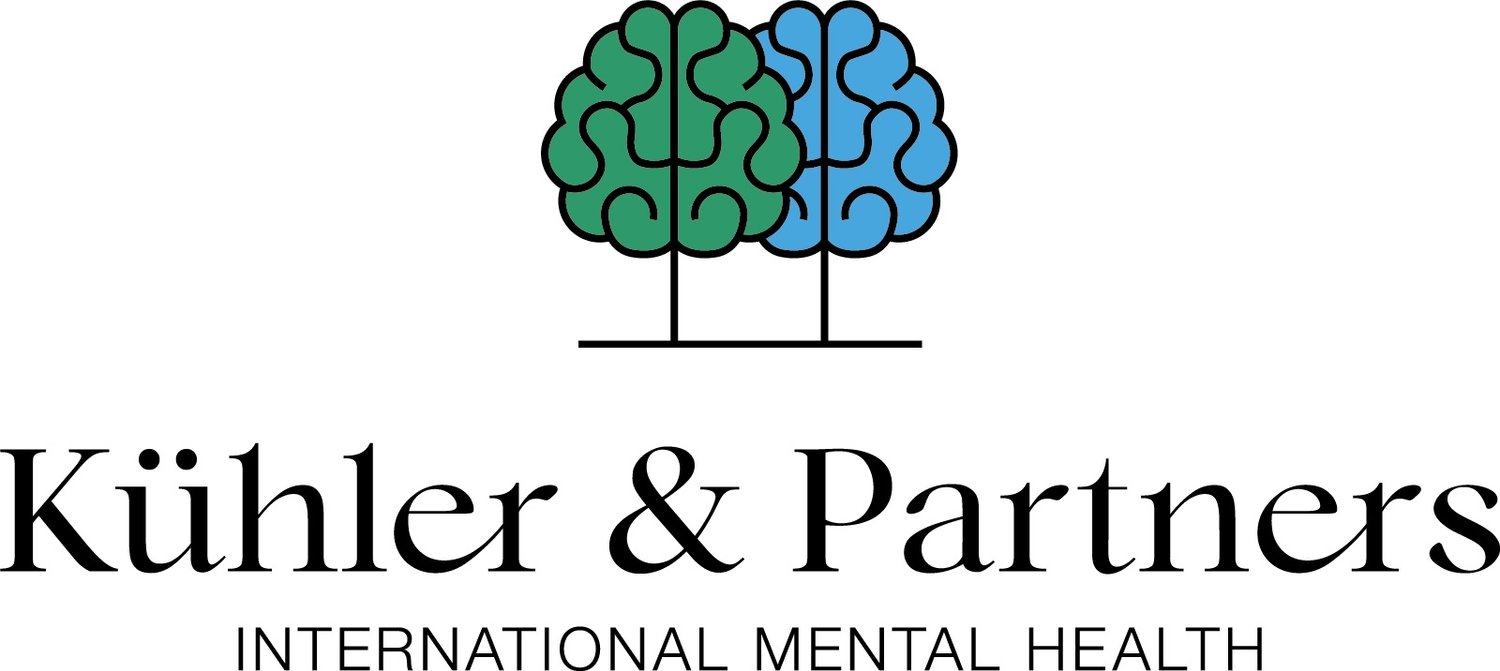On my way to work, which is a 15-minute bike ride, I’m confronted with a non-stop flow of images, sounds and impressions. Traffic lights, cars, parents on cargo bikes hurrying to drop their kids off to school. Nonetheless, every morning I manage to make it to work without even consciously noticing all those things. Instead, my mind takes me to places that are completely irrelevant at the time: a conversation I had with a friend last week, phone calls that I need to make, a recipe that I want to try soon…
By the time I get to work, my mind has been filled with a number of irrelevant thoughts, worries and images. And on top of that, I had to juggle traffic in order to get to work safely and on time. It’s no wonder that, even though my day has just begun, I feel a level of stress as if I have been working, running and talking simultaneously for 24 hours straight.
Can you relate? You’re not alone. Many people struggle with this phenomenon, where they are engaged in an activity, but their minds wander off to completely different places. A lot of the times, we are not even aware of what we are thinking: our minds just race from one place to the next, one image after another, one worry at a time. This process of not being aware of the present and not being connected to what you do, feel and think can be stopped by a very helpful skill: mindfulness.
Mindfulness means: to be completely aware of your current experience. To be mindful means to be able to focus on the present and open to whatever is there at that moment. By improving your mindfulness skills, you will notice signs of stress earlier and you will be better able to deal with negative thought patterns. There is a higher level of awareness and you can better guard your boundaries. With mindfulness you live more intensely and consciously.
Mindfulness teaches you how to focus on the present and therefore experience less distress from negative thoughts and emotions. It has proven to be effective for people with a wide range of psychological problems and can generally help to improve the quality of life. As Jon Kabat-Zinn, the founder of the mindfulness training, has said:
“You can't stop the waves, but you can learn to surf”
Are you interested in seeing what mindfulness can do for you? Please contact us at info@internationalmentalhealth.nl or 085-0660500 to get more information on our 8-week mindfulness course starting March 5 2019.

